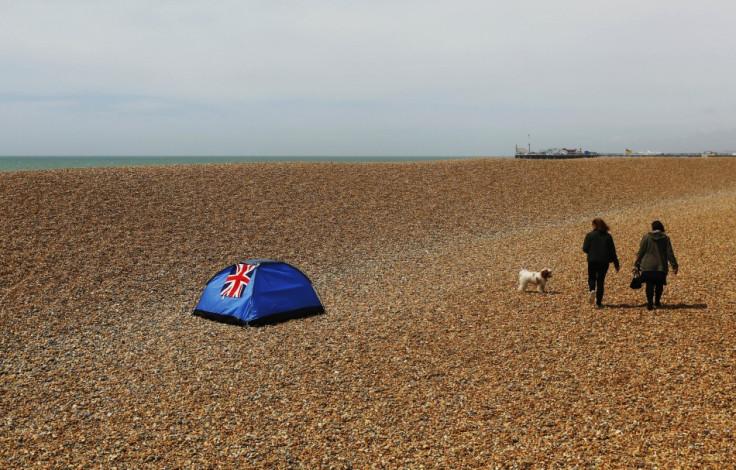British People Have Less Fun Than Most Other Europeans: Study

New figures released by the Office for National Statistics (ONS) suggest that British people are less happy with their social lives than many of their counterparts in other European countries.
An analysis of how people spend their free time reveals that Brits are much less satisfied with the time they spend partying and socialising in comparison with people from Luxembourg, Austria and Denmark. Ironically, Brits abroad have a reputation for being party animals.
The statistics suggest that while Denmark is the most social European country, Turkey and Bulgaria are the exact opposite.
The data represents people from across Europe who were asked to rate their satisfaction with their social life on a scale of 10, with one being least satisfied and 10 being most satisfied.
On average, people from the United Kingdom rated their satisfaction as only seven out of 10, about 20% lower than Denmark's 8.3.
Closely following Denmark were Austria and Cyprus, which recorded 8, and Finland and Luxembroug with 7.8.
Citizens of Bulgaria turned out to be the least satisfied with their social life with an average rating of just 5.9 out of 10.

Experts suggest that lower levels of satisfaction could be blamed on long working hours, family and parenting commitments, plus high levels of expectation.
According to the website, more than 75% of childless couples are happy with their social lives compared with 62% of those with young or dependent children and 50% of single parents.
"The quality of a person's social life could have an even greater impact than diet and exercise on their health and well-being," the ONS said, quoting a study by Universities of Exeter and Queensland, Australia.
"The frequency of contact with others and the quality of personal relationships are crucial determinants of people's well-being. People get pleasure from spending time with others - be it family, friends or colleagues - and activities are typically more satisfying when shared with others. Furthermore, social networks provide material and emotional support in times of need," it added.
© Copyright IBTimes 2024. All rights reserved.





